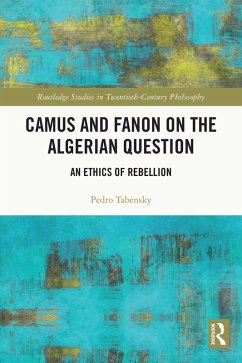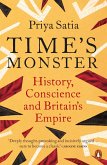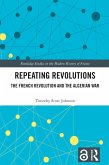Dieser Download kann aus rechtlichen Gründen nur mit Rechnungsadresse in A, B, BG, CY, CZ, D, DK, EW, E, FIN, F, GR, HR, H, IRL, I, LT, L, LR, M, NL, PL, P, R, S, SLO, SK ausgeliefert werden.
Jeff Malpas, Emeritus Distinguished Professor, University of Tasmania, Australia
"This book puts two significant writers, Camus and Fanon, in conversation for the first time. Tabensky moves us beyond superficial or anachronistic depictions to consider the options for social change in the face of entrenched colonial structures. These two would not, and did not, agree on much apart from the necessity of foreign and racial domination to disappear, but considering the two together allows us to see the options for resistance."
Bruce B. Janz, University of Central Florida, USA









